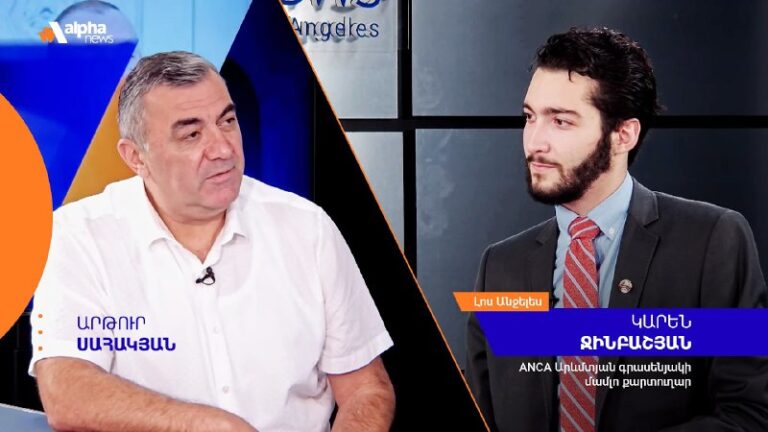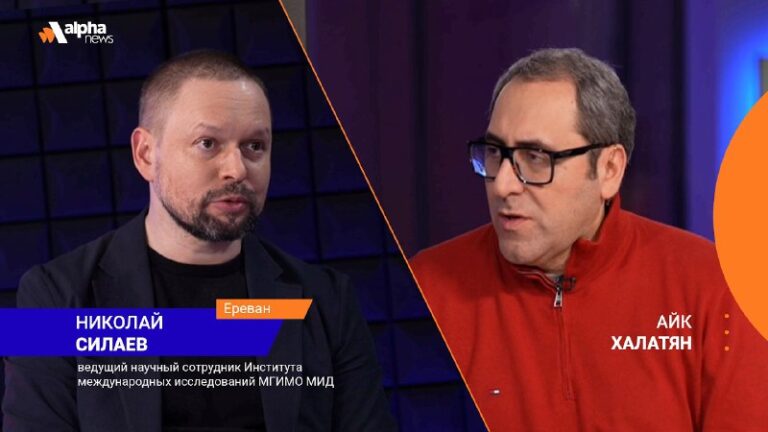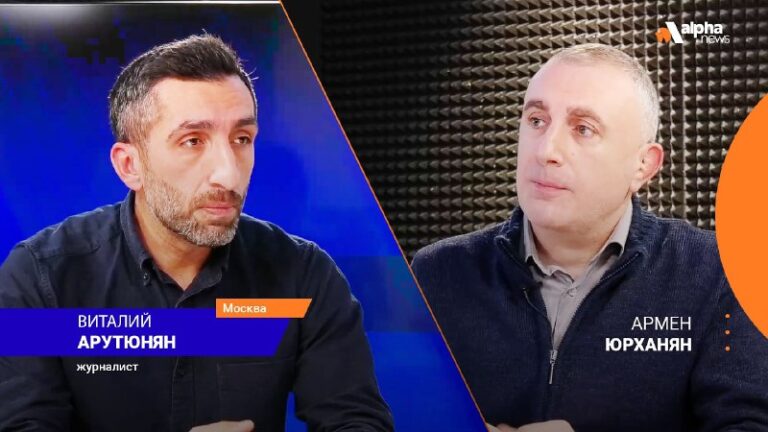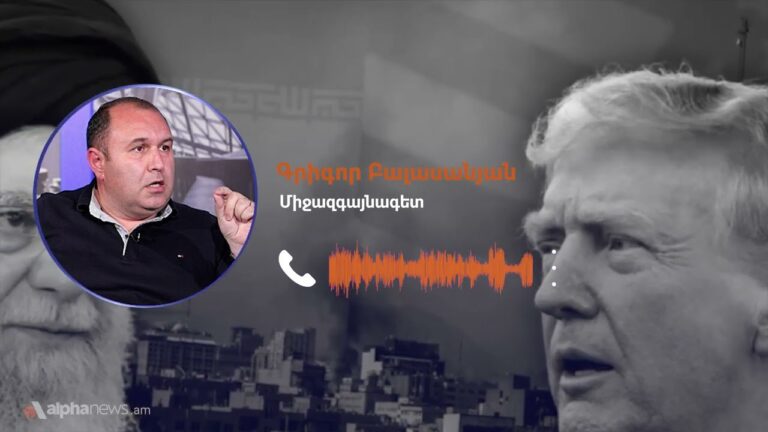Kaspar Karampetian explained in European Parliament that no prime minister can stop Karabakh movement
April 04 2025, 14:00
On April 2, the Committee on External Affairs of the Belgian House of Representatives convened a hearing to discuss the draft resolution on Nagorno-Karabakh. Among the attendees was Kaspar Karampetian, President of the European Armenian Federation for Justice and Democracy (EAFJD). Alpha News covered this topic in an interview with EAFJD member Aram Kevorkian.
“The resolution, submitted by federal MPs Els Van Hoof and Michel de Maegd, is not new. These are previous resolutions to which some points were added. Kaspar Karampetian proposed amendments to the text of this resolution and suggested adding provisions regarding the expected ‘peace agreement’ between Armenia and Azerbaijan, as well as addressing the situation of Armenians of Artsakh. The introductory part of the resolution presents the history of Artsakh’s independence and references the Alma-Ata Declaration.
Kaspar Karampetian noted that it should be clearly stated: the foundation of Nagorno-Karabakh’s independence is based on the law of the USSR. The second point that should be highlighted in the resolution is that in the Alma-Ata Declaration, the Armenian parliament clearly indicated that Artsakh should not be part of Azerbaijan. Karampetian explained in detail that Azerbaijan’s statements that Karabakh has always been part of Azerbaijan and that the Armenians allegedly drove out the Azerbaijanis from there over the past 30 years are a lie and have no historical basis,” Kevorkian noted.
Speaking about Nikol Pashinyan’s recent statement that the Artsakh movement should be forgotten, Kevorkian stressed that it cannot be stopped for any political reasons.
“During the hearings, Kaspar Karampetian noted that the democratic, lawful, and independent movement cannot be stopped by any of the prime ministers for any political reasons. He also said that the National Assembly of Artsakh continues its work, and it would be good if the European Union or its bodies monitored the activities of this structure,” Aram Kevorkian emphasized.







